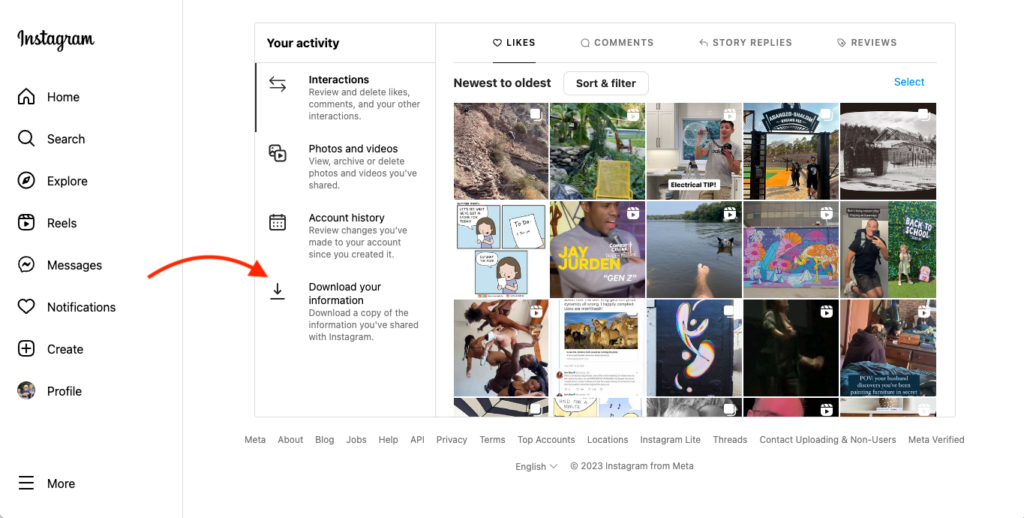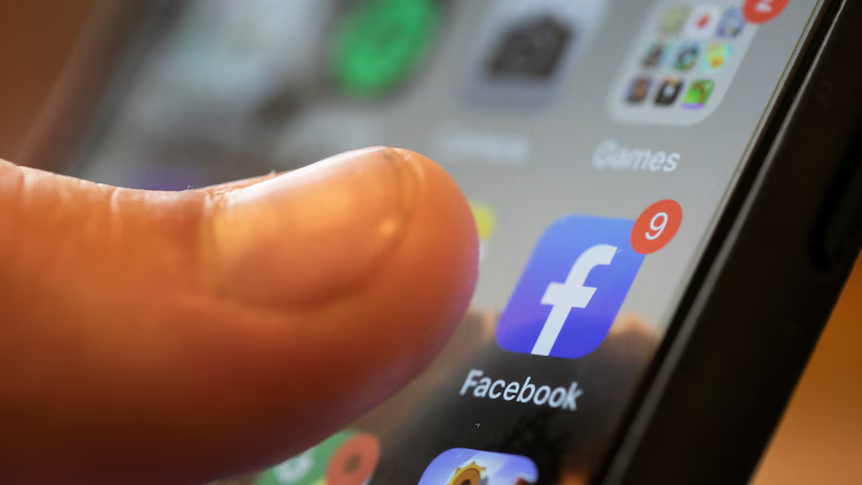Now Reading: Why Social Media Detox Is Harder Than Quitting Smoking
-
01
Why Social Media Detox Is Harder Than Quitting Smoking
Why Social Media Detox Is Harder Than Quitting Smoking

In today’s connected world, taking a break from social media can feel more difficult than giving up smoking. In Tier 2 cities across India, where smartphone use and social media engagement are surging, people are realizing that constant notifications, feeds, and online interactions create habits that are hard to break. Unlike smoking, which has a clear physical cue, social media addiction is psychological, subtle, and ever-present.
One reason detox is difficult is instant gratification. Likes, comments, and shares provide short bursts of pleasure, creating a cycle of reward that keeps users coming back. This constant reinforcement makes ignoring platforms feel uncomfortable and even anxiety-inducing.
Another factor is social dependence. Online platforms serve as primary spaces for communication, updates, and social validation. Disconnecting can trigger fear of missing out, isolation, or losing touch with friends and trends, making the decision to quit more challenging.
Psychological triggers also play a role. Scrolling becomes a habit intertwined with daily routines like commuting, breaks, or bedtime. Unlike quitting smoking, which targets a physical dependency, social media detox requires retraining the brain to resist constant stimulation and replace it with alternative activities.
Ultimately, while a social media detox is challenging, awareness and gradual reduction can help. Setting boundaries, scheduling offline time, and focusing on meaningful offline interactions allow people to regain control, improve mental well-being, and reduce the subtle but persistent hold of digital addiction.

























